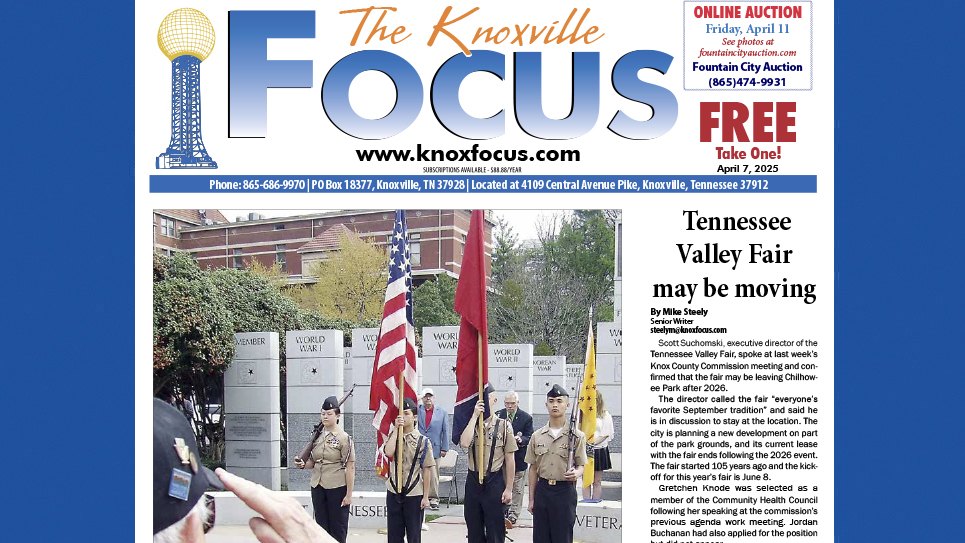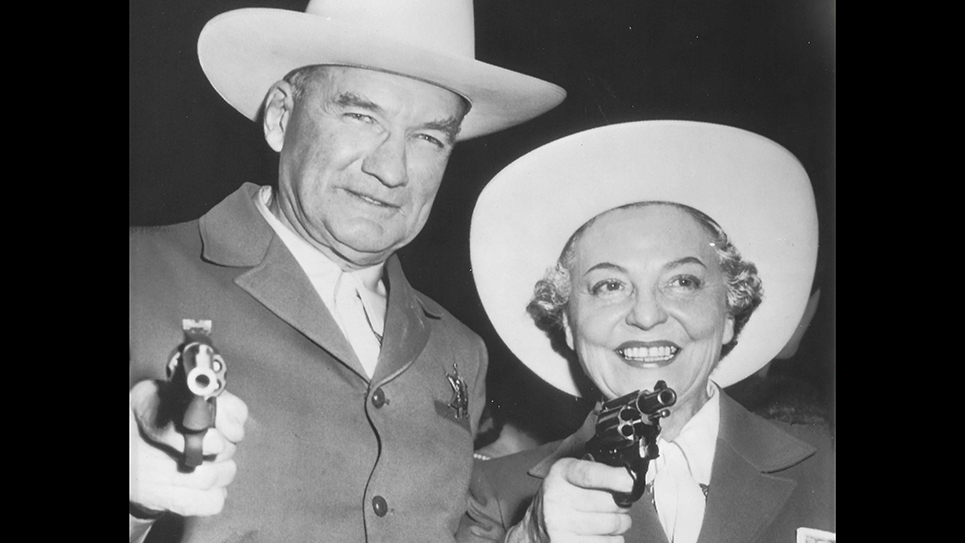Visiting the Blue Heron Coal Community
A Day Away By Mike Steely
If your family is from upper East Tennessee you probably had a relative who was a coal miner. I had an uncle who was a miner until he took his family to Ohio for a better living and another who worked in mines and was a preacher. My grandfather’s property that I bought years ago had two old coal mines.
I knew the one thing I did not want to do when growing up was to work in the mines. I’ve had a long love of caving but that’s totally different than the dangers a miner faced every day. My wife and I are planning a visit to the Coal Mining Museum in Lake City but, before that, we recently went to the mock up of a coal mining community in the Big South Fork National River and Recreation Area. Blue Heron Coal Community sits in the north part of that national park.
Having grown up often visiting my coal mining uncles, I can tell you that Blue Heron Coal Community near Sterns, Kentucky, is a great place to learn about the folks who lived and worked the mines. But unlike the coal camps I saw as a child, which were dirty, class oriented, and impoverished, Blue Heron is clean and well planned. . It has the coal tipple, the track across the river, and a number of metal exhibits that represent the school, church, bath house, homes, and an example of a mine of the period.
Walking into the mine you will get an idea of how low and narrow the mines were, so low that often the miners were on their knees working. Two old tram cars are there, one inside the mine and one outside. The mock mine is well done and represents the mines I remember as a child pretty well.
The Blue Heron coal town operated from 1937 until 1962 and hundreds of coal families lived and worked there. The park now has more than a dozen steel open-air “ghost” structures, each with a button that activates a recording recollections of the former residents. The ranger’s talk last about 30 minutes and there’s a trail to the Devil’s Jump overlook.
The main park is flat but some of the walking trails hilly. A walk across the tipple bridge, originally a track that brought in coal to be loaded, takes you across the river and offers a great view.
We found the easiest way to reach Blue Heron from Knoxville was to take I-75 north to the Royal Blue Exit and take Highway 62 west to Huntsville to join Highway 27 north through Oneida and on to Pine Knot, Ky. At the light there we took Highway 742 all the way to the historic coal camp.
But don’t trust your Onstar or GPS, you may find yourself lost and at the end of a dead end road. We did that one time and that’s really frustrating when you end up on the wrong side of the river with no way across.
Until a few years ago the Big South Fork Scenic Railway out of Sterns, Ky., brought visitors to Blue Heron. Because of some track and bridge problems it doesn’t currently run that route and takes visitors to the old coal town of Barthell. Talks are underway to fix the railroad and let the train return to the park. That’s a great ride and a very good day away venture.
If you’re planning a trip to Blue Heron you might want to stop by the Huntsville Jail and take a look. There’s also a Scott County Museum in Huntsville and lots of fast food and sit-down restaurants in Oneida. We picked up some fried chicken there and had a picnic at Blue Heron. While we were there we were informed to watch for bears.
There’s a pretty large campground at Big South Fork with about four dozen electric and water sites that operates through November.
You can find Blue Heron on the internet or on the National Park Service web site. You may also call (423) 569-9778.
Blue Heron might be an even greater trip as the leaves change and the weather cools. Any day out with the family, especially to a free attraction, is worth a couple hours of driving there.






